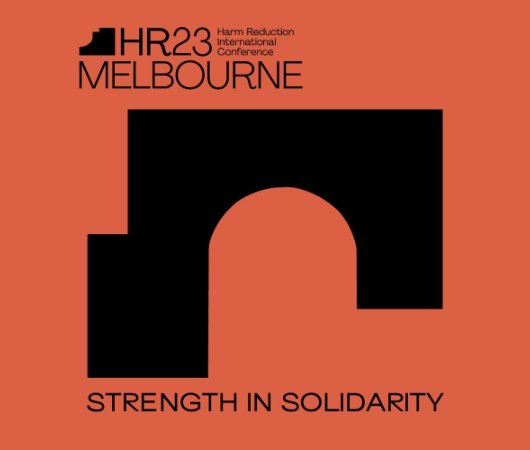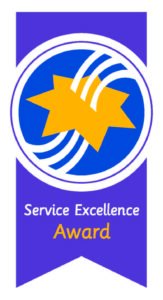
Lily Foster (Lived Experience Advocate, LEAS) and Greg Taylor (Reform Agenda Officer, ATDC) presented at HR23 on ‘The Time is now: the Establishment of an Independent Peer Organisation in Tasmania’. HR23 is an international conference with over 1000 delegates (face to face and streamed). We know some of our advocates who contributed to this work listened to this historic moment via the stream, and it was great to see our team promoting harm reduction at such an important conference.
ATDC delegates Jackie, Dan and Greg have returned from HR23with insights, inspiration and ideas to share with the whole team. Highlights included a keynote from Helen Clark, former Prime Minister of Aotearoa New Zealand, and current Chair of the Global Commission on Drug Policy, and hearing about the challenges of delivering harm reduction services in African nations like Kenya, Uganda and Tanzania. There was a fantastic presentation by a youth worker from Canada who described a very simple way to empowering communities through a ‘blank book’ to capture their stories, and an interesting presentation looking at the nexus of domestic violence, mental health and AOD, through an organisational lens.
Resources were shared, including a toolkit for organisations to become culturally responsive and trauma informed and a resource for organisations interested in the rich area of harm reduction and how to implement it.
Sector Development Manager Dan reflected that harm reduction could be called “Human Promotion,” as most speakers emphasised the importance of treating everyone with fairness, compassion, and access to healthcare, regardless of their background or circumstances. It was clear that decriminalisation of drugs is just one aspect of the need to decriminalise populations who are disproportionately policed, such as first nations people, the disadvantaged, and people experiencing homelessness (to name a few).
Another presentation that stood out was the implementation of needle and syringe programs (NSPs) in Ukrainian prisons despite facing existential threats. NSPs can reduce the transmission of blood-borne diseases by providing sterile needles and syringes to people who inject drugs. It begs the question: if people are injecting drugs in prisons in Tasmania, do we not have a responsibility to ensure their safety?
Lastly, the concept of safe supply was a paradigm shift. Organizations in parts of Canada, where fentanyl and contaminated drugs have claimed thousands of lives, are providing illicit drugs to people safely. This approach not only saves lives but also stabilizes the lives of people who use drugs, allowing them to access essential support such as housing, addiction treatment, mental health, and dental care.
Overall, the conference was an excellent opportunity to learn about the latest innovations and developments in harm reduction. Our delegates look forward to seeing more progress in Tasmania as we work together to ensure people are treated with kindness, dignity and respect on their journey to wellness and recovery.
